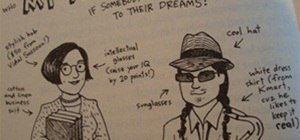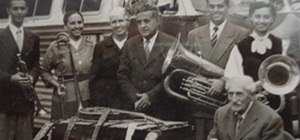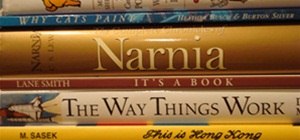The Power of One is one of those books that I really should have read years ago. I've certainly meant to read it for a long time so this was a satisfying title to cross off my list. It's stunning that this was Bryce Courtenay's first novel. I look forward to reading his others because if this is where he started, he's a talented writer.
The Power of One is set in South Africa, starting shortly before World War Two, and following approximately fifteen years in the life of our narrator, Peekay. At the age of six, Peekay decides that his life's ambition is to become the welterweight champion of the world (that's in boxing) and the rest of the novel follows him as he works to realize this dream. Peekay is a young English boy (a rooinek, as the Afrikaaners call him) living in a racially diverse and tense society. The book encouraged me to learn more about the Boer War and the history of South Africa. Much of what I know about South Africa comes from Nelson Mandela's autobiography so it was interesting to hear some of the history from a fictional and English perspective. (Courtenay grew up in South Africa, by the way.) I'd be very curious to read something from the Afrikaaner perspective or from a different African perspective.
The book is well written with strong details. The physical landscape is beautifully described. I learned about boxing, cacti, and boarding schools. It's a thick book but I read it easily over a long weekend; once I began the novel I wanted to finish it right away. At the end I was left to ponder Courtenay's handling of the racial issues surrounding Peekay. My initial reaction was that Peekay didn't do enough, wasn't kind enough. That his lack of action made him a bad person. I wanted more from him in his treatment of the Africans around him. Yet the more I thought about it, the more I realized that Peekay was likely pretty progressive for South Africa in the 50s. The fault therefore lies with the culture this character was raised in, one where the African people were automatically thought of as second class, to be compared to intelligent animals. Even the kindest of characters seem to treat the Africans around them as one might a favourite pet dog. From my North American, 21st perspective, that's not good enough (and I stand by that in the real world), but in the novel's world, those tiny differences say a lot about its characters. In fact, it seems to highlight the sadness of injustice and racism, that even the small kindnesses that some of the characters offer – kindnesses that, to me, don't even seem that kind – make them stand out in a society of prejudice and apartheid.
My major fault against The Power of One was the character of Peekay. Although immensely likeable, Courtenay writes him as a sort of superman, a boy good at everything. At some point in the novel I realized that everything is just sort of working out for Peekay and from there on, a lot of the tension vanished. In short, he was too perfect. The book lost touch with realism on a number of points. Not everybody turns out to be talented at what they decide to be at the age of six. That's why I'm not an astronaut. Sure, there are people who are as talented in as many facets as Peekay seems to be, but the majority of us are not. A character with real flaws is easier to sympathize with and to celebrate with when he does win out. The ending as well did not offer me the redemption it seemed to want to provide for its main character. For a relatively long book, it felt like it ended too quickly.
In the end though, I would recommend the novel as a snapshot of history, of South Africa, of youth and maturity.
Just updated your iPhone? You'll find new emoji, enhanced security, podcast transcripts, Apple Cash virtual numbers, and other useful features. There are even new additions hidden within Safari. Find out what's new and changed on your iPhone with the iOS 17.4 update.








1 Comment
K.Met; I have just completed this book (which was way overdue for me too). I had heard about this book when I was 14, 12 years later I finally decided to see for myself. It has topped the list as one of my favourite stories. I'm not much of a literature critic, so I am not going to fault the author on anything the story lacked or indulged in. I am South African, and share your thoughts on Peekay not having done enough. I am merely reacting to your review to find out if you are aware that Courtenay wrote a follow-up to Peekay's story, titled Tandia. I only plan on starting this (signifanctly thicker book) tomorrow, but I suspect your expectations of Peekay's destiny to lead the People and make more of an impact as an adult are fulfilled in this sequel.
Share Your Thoughts